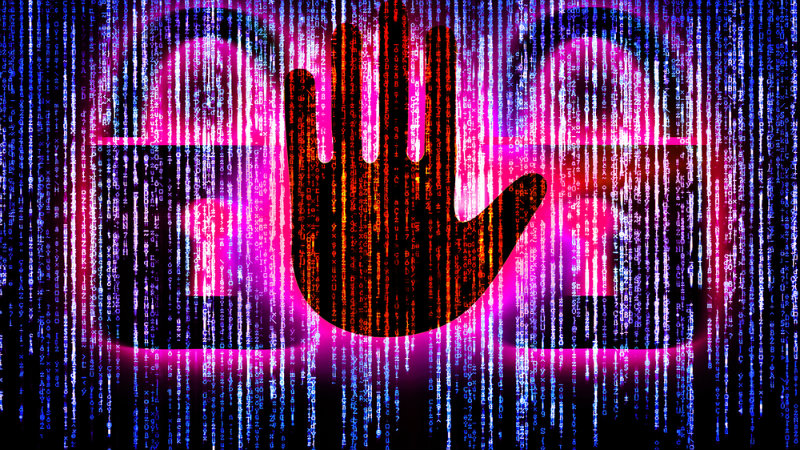Key Takeaways
- Signal’s president warns Germany that Chat Control could destroy user privacy.
- Chat Control forces apps to scan messages before encryption.
- The plan would weaken secure chats and allow mass surveillance.
- Signal says it will leave the EU if Chat Control becomes law.
- Germany’s vote on Chat Control could shape global privacy rules.
Signal Warns Germany About Chat Control
Signal’s president Meredith Whittaker has sent a clear message to Germany. The EU’s Chat Control proposal threatens the core of private messaging. If Germany approves it, Signal says it will quit the EU. This fight will decide privacy standards around the world.
Understanding Chat Control Proposal
Chat Control is an EU plan to make messaging apps scan all messages on your device. In other words, the scans would happen before messages get encrypted. Lawmakers say this will help catch criminals. However, many experts warn it will open the door to mass spying.
First, apps would need software to search for forbidden content. Then, if the software flags a match, authorities can view the message. Therefore, private chats would lose their full encryption. As a result, no conversation would be truly safe.
Why End-to-End Encryption Matters
Encryption locks messages so only the sender and receiver can read them. Today, apps like Signal and WhatsApp use strong end-to-end encryption. This method keeps your chats secret from hackers, companies, and governments.
Without true encryption, any scan system can turn into a tool for spying. For instance, if the software makes a mistake, it could share private photos or texts with police. Moreover, hackers could exploit scanning tools to steal data. Thus, the security of every user drops.
Germany’s Vote Changes Everything
Germany holds a key vote on the Chat Control plan. If the German parliament rejects it, the EU may scrap the idea entirely. On the other hand, German approval could push the law through.
Merkel’s party and other big groups have shown mixed opinions. Some warn that Chat Control violates basic rights. Others insist the scans will protect children. Meanwhile, privacy advocates point out that many cyber threats will still slip past any scan. Consequently, the plan might only harm the innocent.
Signal’s Exit Threat and Global Impact
Signal’s threat to leave the EU is more than rhetoric. The app hosts millions of European users. If it exits, many will lose access to a top privacy tool. In addition, smaller apps may not resist the new law. They risk heavy fines if they refuse to add scanning features.
When the world sees this kind of law pass, other regions may follow. For example, a major non-EU country could copy Chat Control to monitor its citizens. Therefore, the debate in Germany could ripple across the globe. In essence, this vote will set a precedent on how states balance security and privacy.
Industry Response to Chat Control
Beyond Signal, many tech firms and rights groups have voiced concern. They stress that client-side scanning could damage app security. In fact, developers warn that any scanning code can be reverse engineered by hackers.
As a result, digital safety for activists, journalists, and everyday users would drop. For instance, whistleblowers use encrypted chats to share critical info. Without solid privacy, their sources and lives could be at risk. Thus, critics argue that Chat Control trades real safety for an illusion of security.
Alternatives to Chat Control
Rather than broad scanning, experts suggest targeted investigations. Police could ask tech firms to hand over data when they have a court order. This approach limits surveillance to real threats.
In addition, improved cooperation between law enforcement and tech companies can help. For instance, sharing metadata on suspect accounts can guide investigations. At the same time, user encryption stays intact. Consequently, many believe targeted access is a smarter balance.
What Comes Next?
Germany will vote soon on Chat Control. If the law passes there, the EU will likely adopt it. However, public pressure may sway some lawmakers. Meanwhile, Signal and its supporters plan a campaign to inform citizens. They aim to show how Chat Control really works and why it matters.
In the end, this debate goes beyond Europe. It touches on global privacy rights and the future of secure communication. Therefore, everyone with a phone in their pocket should follow the outcome.
FAQs
What exactly does Chat Control require from messaging apps?
Chat Control demands apps scan user messages on devices before they encrypt. The scans look for forbidden content, and flagged messages go to authorities.
Why is Signal threatening to leave the EU over this plan?
Signal says any forced scanning defeats the core of end-to-end encryption. Without strong encryption, Signal’s service would no longer guarantee user privacy.
Can targeted investigations replace Chat Control?
Yes. Targeted investigations let law enforcement request data in specific cases. This method keeps most user messages private while still aiding real investigations.
What happens if Germany rejects the Chat Control proposal?
If Germany votes it down, the EU may abandon or weaken the plan. Such a move could save end-to-end encryption standards in Europe and beyond.
